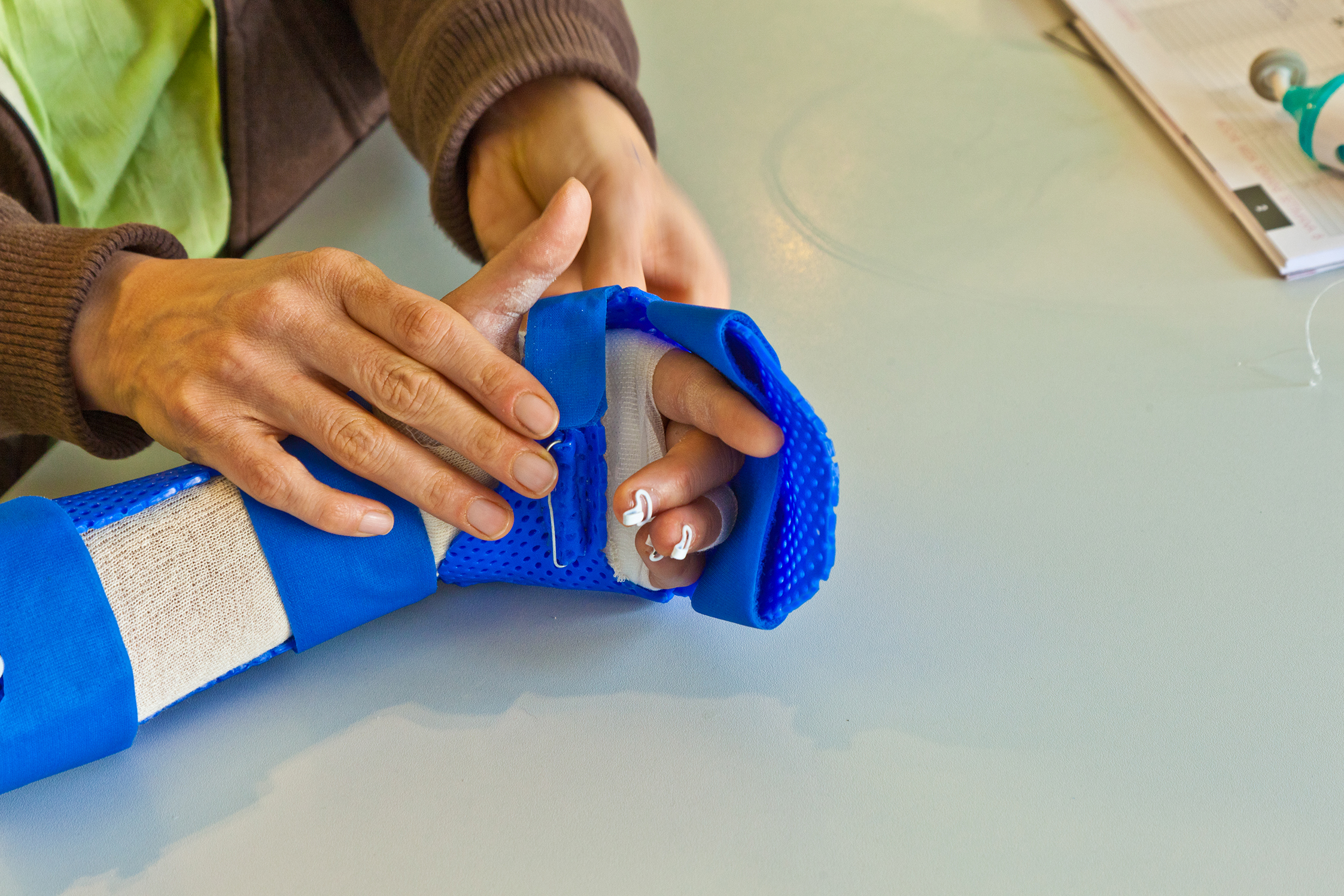Discover exercise routines targeting specific back pain types to help alleviate discomfort and...
Read More

While working from home may have become the unavoidable “new normal,” the pandemic has disrupted more than just daily work routines; for many, it has unearthed new health problems. Inspira’s Occupational Therapy program treats patients with issues like carpal tunnel syndrome, arthritis, work-related injuries, nerve injuries, joint injuries and sports injuries. And recently, the team has expanded its services to better treat your patients experiencing issues specifically related to recovering from COVID-19.
The outbreak of COVID-19 has changed the demand for occupational therapy, both directly and indirectly related to contraction of the virus.
“Throughout the course of the pandemic, we’ve witnessed patients having issues with endurance, pacing and energy conservation; however, more specifically, patients recovering from COVID-19 are reporting ‘brain fog’—or cognitive impairments with regards to attention deficit and/or memory. Patients experiencing these issues benefit greatly from occupational therapy to help them get back to their normal lives,” said Jacqueline Fox, a clinical liaison at Inspira Health Rehab Care.
COVID-19 patients who have been on ventilators or in intensive care units for several weeks can experience “post-intensive care unit syndrome” which may include physical, cognitive and psychological impairments, along with chronic weakness and neuropathic pain—which can be treated, in part, with occupational therapy.
"We’ve learned that many COVID-19 patients cannot return to work because they’re feeling weak, both mentally and physically. Our comprehensive occupational therapy program can assist your patients in expediting their recovery and return to work,” said Debbie Franceschini, director of Inspira Health’s Rehab Care program.
Inspira’s team of certified hand therapists and occupational therapists provide a comprehensive approach to your patients’ care, starting with a full evaluation. Inspira’s occupational therapists create a problem list, goals associated with those problems and finally, an individualized care plan for your patient.
“Most importantly, we ask your patient what their goals are for therapy. We make sure that our plan addresses what they want to achieve,” said Peggy Soucek, director of Rehabilitation Services at Inspira Medical Center Mullica Hill.
Inspira’s Occupational Therapy program welcomes people of all ages, ranging from pediatric patients to geriatric patients.
“As part of a hospital system, the collaboration between our inpatient and outpatient team is a valuable benefit,” said Franceschini. “Being able to offer a continuum of care from your patient's hospital stay to one of our outpatient facilities is a great advantage. Our patients come to our outpatient centers and feel comfortable knowing they’re still in our system.”
In addition to its COVID-19 Recovery Program, Inspira’s Occupational Therapy department assists your patients in returning to their daily living activities by offering them a full array of services including hand therapy provided by Certified Hand Therapists (CHT), cognitive rehab, vision therapy, pediatric OT, custom splinting, job site analysis and functional capacity evaluations (FCEs).
“Unlike physical therapy, which is centered around muscle strength, occupational therapy plays a role in all of the routine tasks of daily life. Things like getting dressed, staying hygienic and making meals—all these things can impact your patients’ work-life and hinder their ability to remain independent. Inspira’s Occupational Therapy program is here to help,” said Soucek.
If you have a patient suffering from lingering COVID-19 effects that could benefit from occupational therapy, visit www.InspiraHealthNetwork.org/OT for additional resources or to make a referral to the Inspira Occupational Therapy team. A prescription is required before your patient can begin treatment.

Discover exercise routines targeting specific back pain types to help alleviate discomfort and...
Read More
Discover how occupational therapy empowers individuals to overcome life's hurdles and reclaim...
Read More
By incorporating new exercises and techniques into your fitness routine, you can improve your pelvic...
Read More
The material set forth in this site in no way seeks to diagnose or treat illness or to serve as a substitute for professional medical care. Please speak with your health care provider if you have a health concern or if you are considering adopting any exercise program or dietary guidelines. For permission to reprint any portion of this website or to be removed from a notification list, please contact us at (856) 537-6772